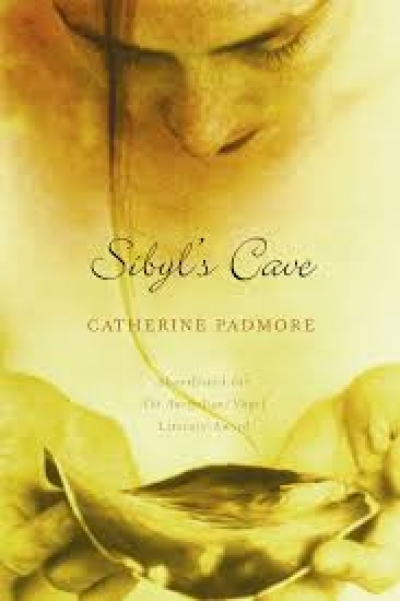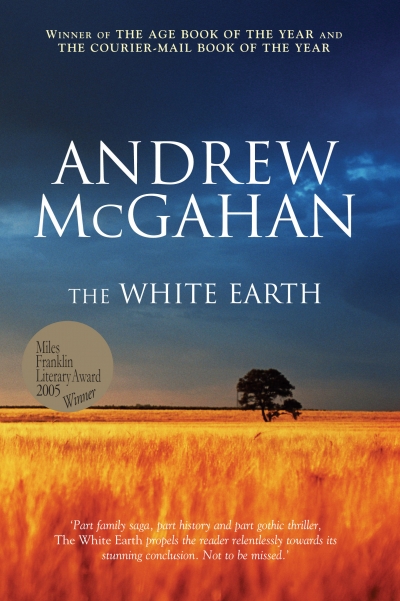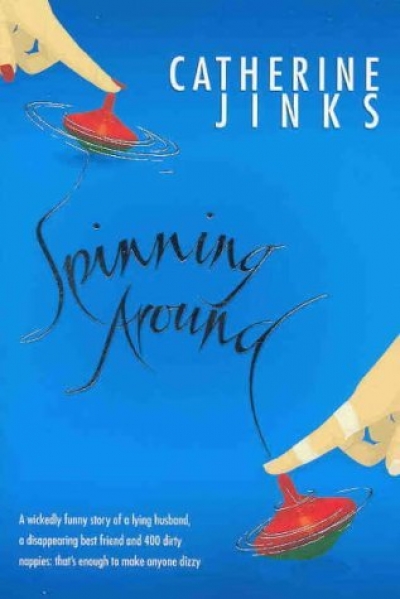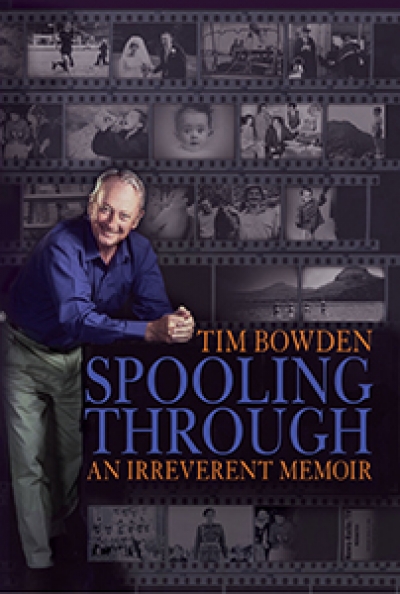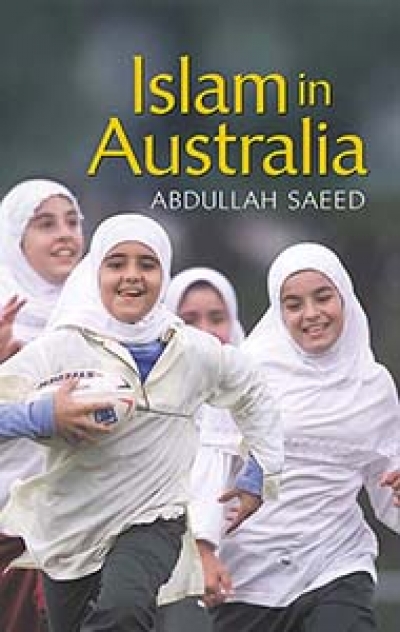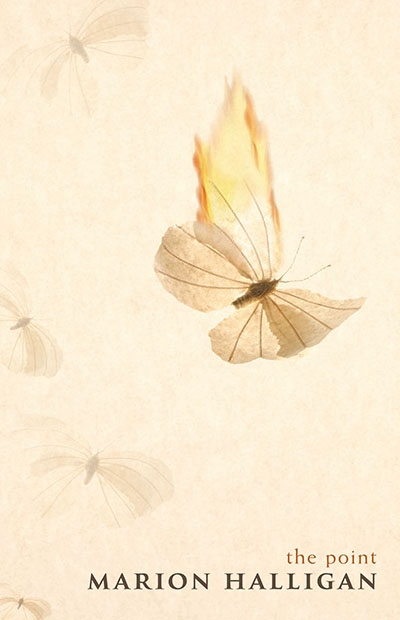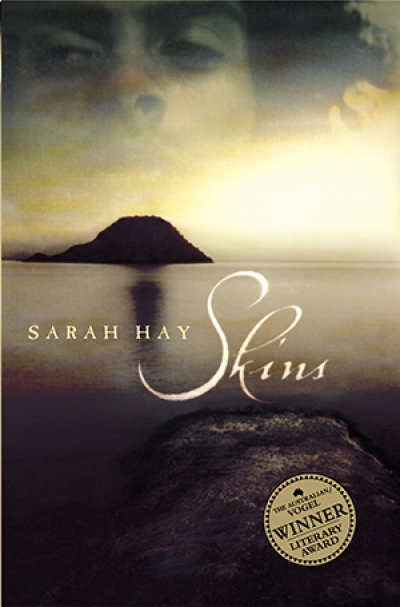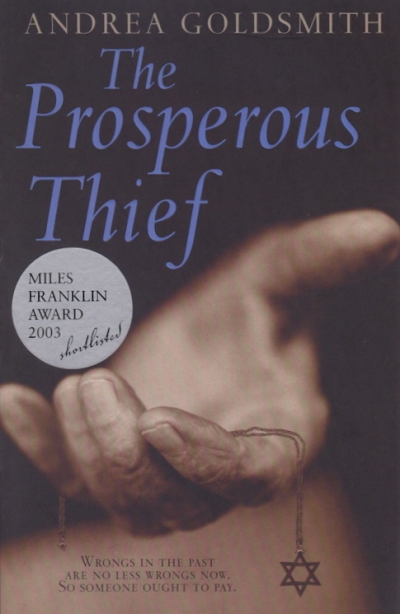Allen & Unwin
Sybil’s Cave by Catherine Padmore & The Submerged Cathedral by Charlotte Wood
by Anna Goldsworthy •
Dark Victory by David Marr and Marian Wilkinson & Don’t Tell the Prime Minister by Patrick Weller
by Morag Fraser •
Australia’s Democracy by John Hirst & The Citizens’ Bargain edited by James Walter and Margaret Macleod
by Patricia Grimshaw •

